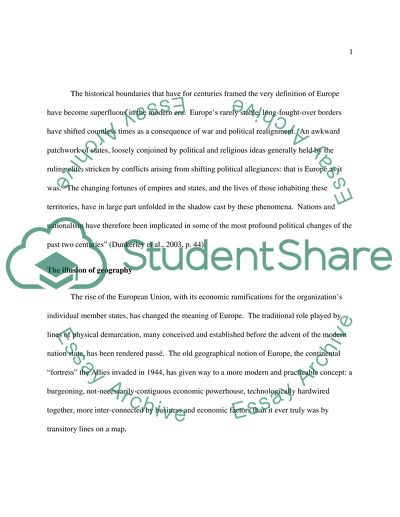Cite this document
(Geo-Political Diversity to Economic Union: the Evolution of Europe Essay, n.d.)
Geo-Political Diversity to Economic Union: the Evolution of Europe Essay. https://studentshare.org/politics/1575009-is-europe-a-geographicterritorial-entity-or-more-aptly-defined-in-some-other-way
Geo-Political Diversity to Economic Union: the Evolution of Europe Essay. https://studentshare.org/politics/1575009-is-europe-a-geographicterritorial-entity-or-more-aptly-defined-in-some-other-way
(Geo-Political Diversity to Economic Union: The Evolution of Europe Essay)
Geo-Political Diversity to Economic Union: The Evolution of Europe Essay. https://studentshare.org/politics/1575009-is-europe-a-geographicterritorial-entity-or-more-aptly-defined-in-some-other-way.
Geo-Political Diversity to Economic Union: The Evolution of Europe Essay. https://studentshare.org/politics/1575009-is-europe-a-geographicterritorial-entity-or-more-aptly-defined-in-some-other-way.
“Geo-Political Diversity to Economic Union: The Evolution of Europe Essay”. https://studentshare.org/politics/1575009-is-europe-a-geographicterritorial-entity-or-more-aptly-defined-in-some-other-way.


